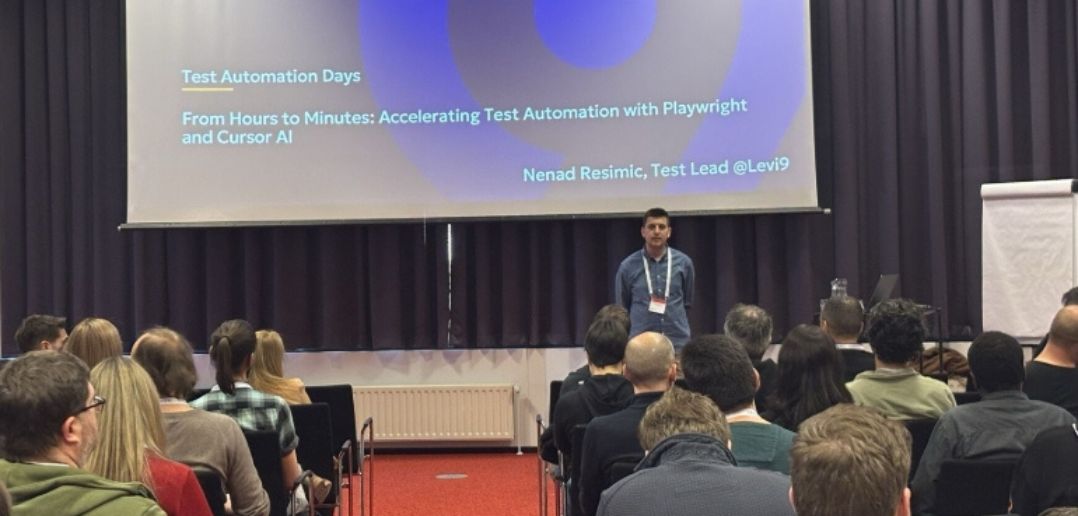We’re already well into 2025, a year expected to bring exciting technological milestones. OpenAI is anticipated to launch ChatGPT-5, which could introduce major improvements, including advanced capabilities for combining text, images, and video, as well as more personalized AI assistants.
Hand in hand with Generative AI come AR technologies – with new features in Meta’s Ray-Ban smart glasses and the development of Apple Vision Pro 2. We’re also expecting the first major global regulations that will shape the future of artificial intelligence.
While the world is rapidly changing, one thing remains constant: innovation is the driving force behind progress. That very philosophy is what guides Levi9 – a company that has been pushing the boundaries of Serbia’s IT industry for two decades. And on April 1st, Levi9 celebrates a milestone: 20 years in business.
Founded in 2005 by a group of Dutch entrepreneurs and a passionate team of tech enthusiasts from Serbia, Levi9 was built on a shared vision. The name was inspired by the Shoemaker-Levy9 comet – a symbol of vision and impact they aimed to have on the market. And none of it would have been possible without investment in the local IT community.
From programs like “5 Days in the Cloud” – formerly “5 Days on Java” – and regular Code9 workshops, to student events and the 9Inspiration conference, Levi9 has been an active contributor to Serbia’s IT ecosystem. After celebrating its ninth anniversary, the company expanded to Zrenjanin, and in 2016, opened a second Delivery Center in Belgrade.
Looking back on the early days, Viktor Kovač, Director of the Delivery Center in Novi Sad and Zrenjanin and a founding member of Levi9 in Serbia, says:
“Remote collaboration was a challenge we overcame quickly and successfully. That approach attracted local IT experts who were ready for change and eager to take on the challenges brought by Western European clients. Our engineers had the opportunity to work on demanding projects that weren’t easily accessible at the time, which significantly contributed to their professional development.”
Kovač continues:
“Adopting an agile mindset and flexible working models, along with a proactive approach, strengthened our relationships with international clients and brought an international work culture to the company. This helped us further enhance technical excellence and develop local talent aligned with global standards.”
“We are witnessing the innovative transformation driven by AI – it’s already changing the way we deliver services to clients, develop software, and compete in the market. Artificial intelligence brings new challenges, but also new opportunities for innovation. The future belongs to those who are ready to learn, adapt, and explore the unknown,” concludes Mirjana Trobok, Director of the Delivery Center in Belgrade.
In this article:






